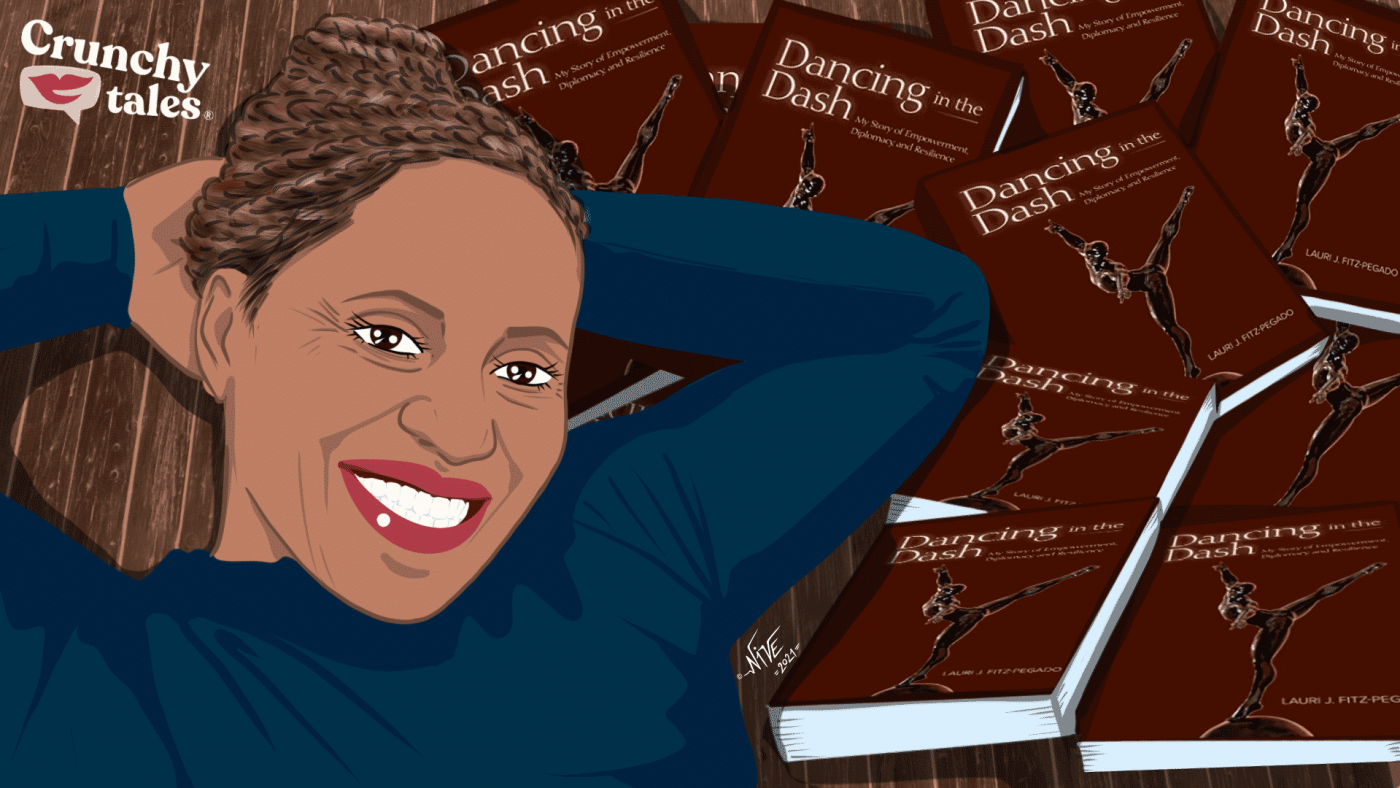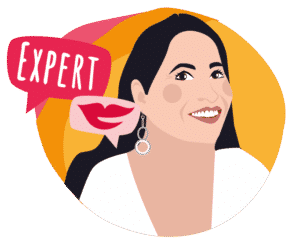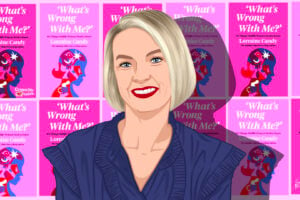Lauri Fitz-Pegado: “Now I’m Dancing In The Dash”
Lauri Fitz-Pegado is a unique trailblazer. A former African American diplomat, political appointee and corporate executive, for whom the rigours and discipline of dance training provided ballast and grace in dealing with life’s storms. With a history of performing with the Capitol Ballet, Vassar Dance Theatre and Ballet Santo Domingo, she now has returned to her passions by teaching ballet and mentoring. She applies her communications and public relations skills to promoting artists, and her business and leadership experience to advising dance institutions sharing her commitment to social change, empowerment and inclusion. Her memoir “Dancing in the Dash: My Story of Empowerment, Diplomacy and Resilience,” (Bold Story Press) describes her deft navigation in spaces in which few Black women had achieved success. In telling her story, the author reveals her insights and observations about history and its consequences, about opportunity and obstacles, and about loss and redemption.
Lauri, how did a young African American woman rise to become a political appointee with prominent roles on the national and international stage?
Support from my family, transferable skills from my ballet training, opportunity, faith and hard work. My parents had unusual international experiences and interests for young Black people born in the 1930s. My father studied medicine in Switzerland and Germany. My mother instilled in me an interest in foreign languages other cultures and international travel. I studied in Spain, my junior year at Vassar College, joined the foreign service soon thereafter and served in the Dominican Republic and Mexico. I later became immersed in Democratic politics working with the late Ronald H. Brown, the first African American Chairman of the Democratic Party and Secretary of Commerce in the Clinton Administration.
How did you overcome the very real obstacles facing women and African Americans during your career?
I was taught at home and in my ballet training to be independent, focused on achievement, disciplined and resilient. These life skills served me well when facing adversity and discrimination.
Lauri, how did you use your dance training in your life and career and how are you using it now?
My dance training—perseverance, endurance, performance skills, timing and tolerance for pain—have helped me throughout my career and personal life. I have worked in the public and private sectors in commercial and cultural diplomacy, public affairs, communications, telecom and lobbying. I have continued taking ballet classes wherever I have lived and travelled in the world, given the universality of the ballet genre and my passion for dance and the arts. I have taught ballet for the last five years at my alma mater, the Jones-Haywood Dance School. Since “re-tiring” three years ago, I work with artists, dance schools, instructors, school directors and artistic directors committed to inclusiveness and building life skills through dance and the arts.
What advice would you give to women who would like to return to ballet at midlife?
As we age and are no longer striving for perfection of execution required to perform, knowing and accepting the inevitable limitations of our bodies, we can focus on ourselves, not comparison or competition with others. It is freeing to reach the understanding and confidence that comes with age.
In your opinion, why is ballet good for us as we age?
I have said that ballet for me is another way of going to church. I have been in ballet classes since I was five years old. A ballet studio is a place of body, mind and spirit full immersion. You must focus and concentrate on the technique–correct placement and movement of the body, as well as the rhythm, music and feelings, invoked. It is a place where you can shut out all other thoughts, concerns. Also, it is said that ballet class is a good brain exercise to fight Alzheimer’s.
How are you experiencing this stage of your life?
I am loving this stage of my life. I worked more than full time for 40-plus years. Most of my positions required 24/7 availability, living in another country, and/or international travel 30-50 per cent of the time. As you age, these demanding jobs take a toll mentally and physically, particularly if you seek to balance relationships with children and family, friends and passions. Three years ago, I retired from that type of life and moved on to a new chapter of introspection and returning full time to my passions in the creative sector. While I remain very busy, I am energized and inspired by having the freedom to make choices about what I do. I determine how I spend my time. Writing my memoir was an enlightening journey. I now am sharing my story through book talks and speaking engagements, with the objective of sharing experiences and information, lessons learned, perspectives and universal themes that may generate thought and conversations, inspire, and benefit others.
What are your feelings about growing older?
I am in better health today than I was 20 years ago, given the stress, travel, and responsibility of younger children. I keep my body and mind active, working out, teaching ballet and consulting. Also, I am told I don’t look my age. My mother always said that as you age, time will seem to pass faster. I have embraced the concept of “being present” in the moment; being intentional about your choices of how you spend your time and with whom you share it; living in your “dash”, the period between the date of birth and death.
Have you ever experienced ageism?
I am grateful that I am not looking for a new full-time job. I have friends of my age who are experiencing ageism in the workplace. I have experienced it when being considered for corporate boards, though.
Why do you feel it’s important to promote the arts?
Recognition of the universality and influence of art and culture across societal, economic, political and geographic constructs is undervalued and critical to addressing the many challenges confronting our world. I believe that the inclusion of the creative sector in problem solving and idea generation in non-traditional spaces will result in alternative and valuable outcomes.
Finally, what advice do you have for young women?
Create space in your life for your profession, personal life and passions. Seek balance and recognize, accept and embrace the various seasons of your life.
Like this post? Support Us or Sign up to our newsletter to get more articles like this delivered straight to your inbox!



